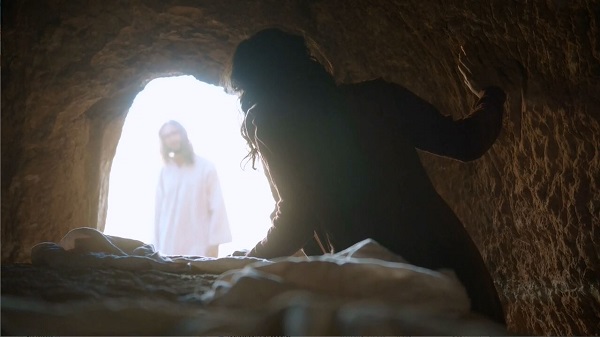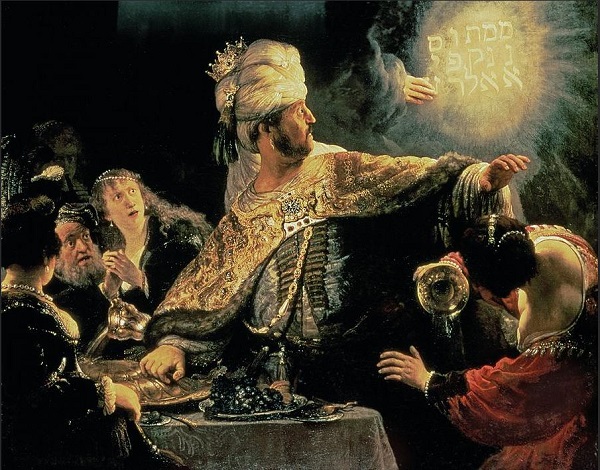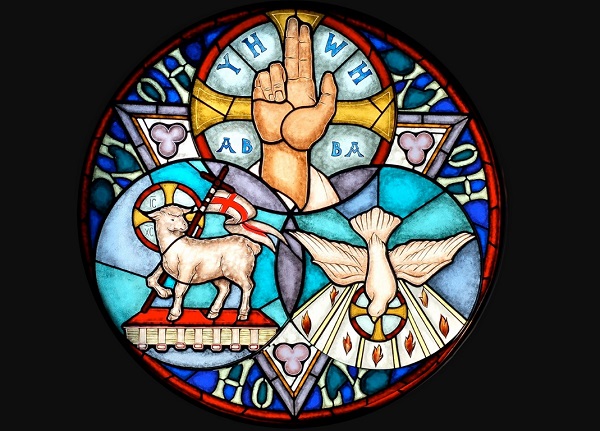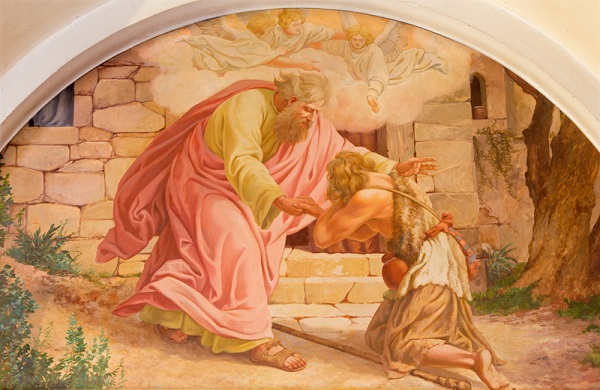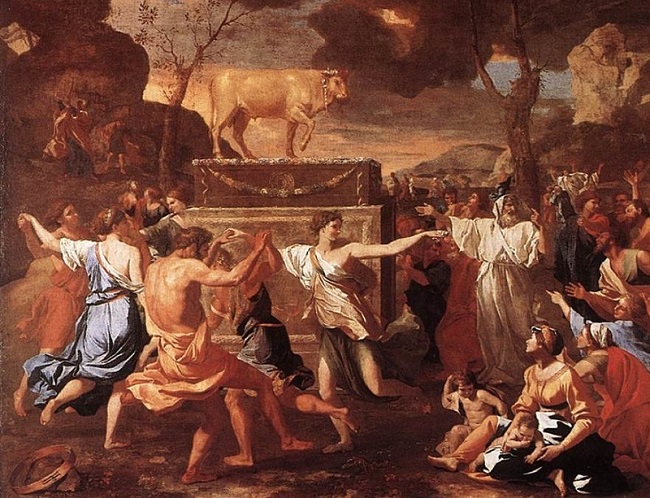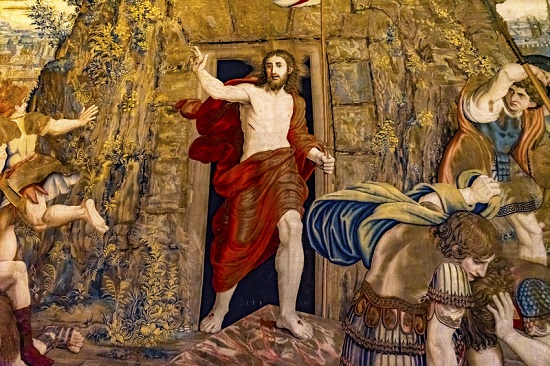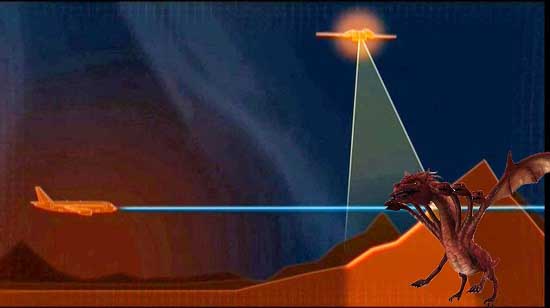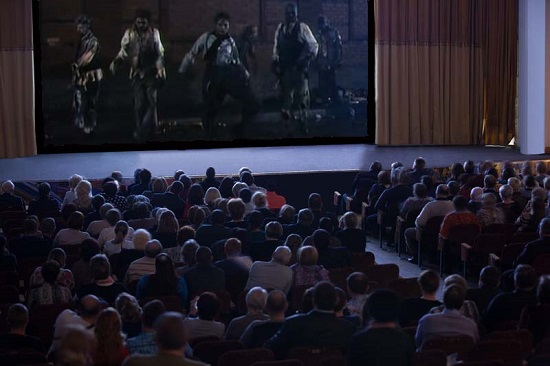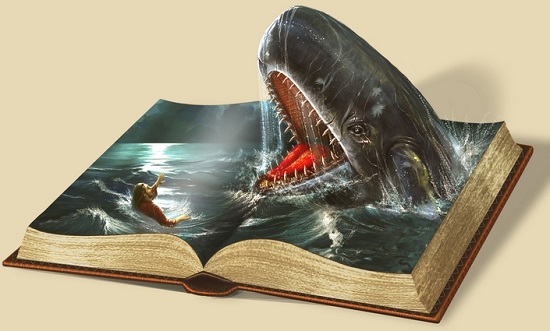A resurrection day meditation
In the palm Sunday service this past Sunday, the pastor at my church mentioned that “the great crowd” (John 12.12) that had come out to see Jesus was huge. He mentioned it was likely multiple tens of thousand of people, something I hadn’t considered before. That’s a staggering number. So like a good Berean (Acts 17.11), I got out my Bible history to check.
Sure enough, in “Jerusalem in the Time of Jesus” in an excursus on the number of visitors to Jerusalem during the Passover, Bible historian Jeremias summarizes: Continue Reading

